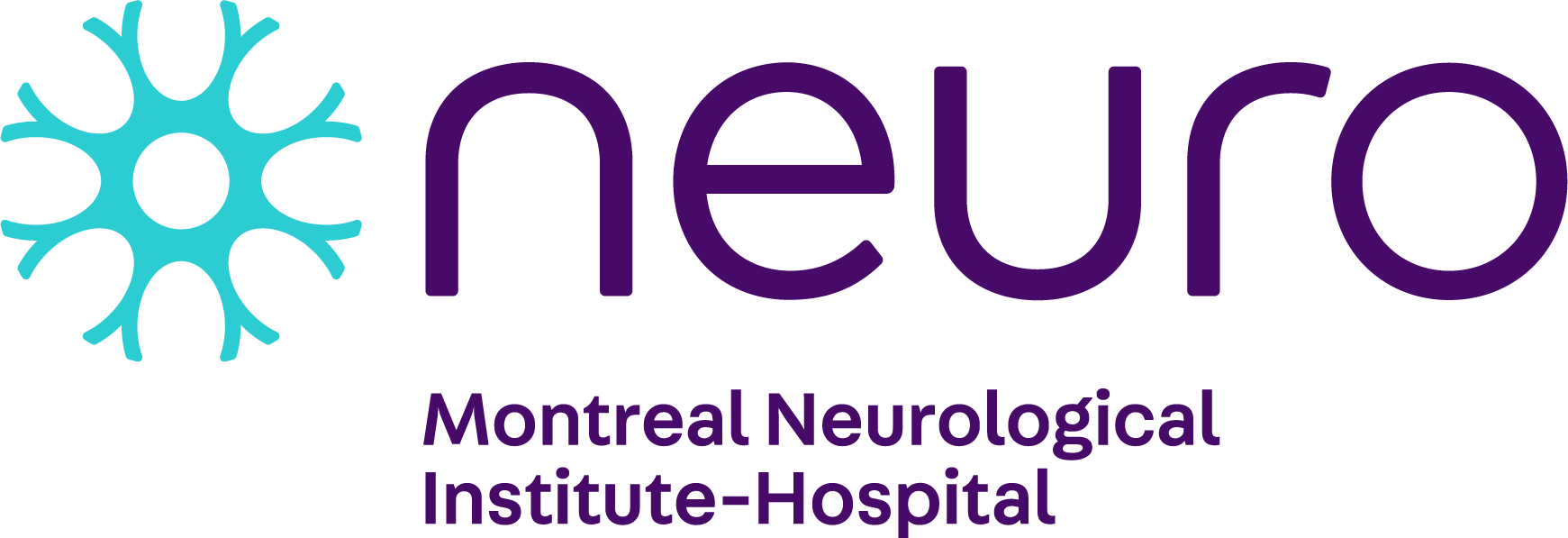THE FRANCIS BOULVA MEMORIAL FUND AND THE TARGIT PROJECT
Since its creation more than four years ago, the Francis Boulva Memorial Fund has helped advance lifesaving research into the causes of brain tumours. Thanks to your generosity, Dr. Petrecca and his team have made great progress in their work to develop new brain cancer treatments. They have been able to demonstrate the broad applicability of new therapeutics through the use of stem cells, and are now only two short years away from being able to deliver concrete, measurable impact to patients!
- Newly discovered drug therapies targeting the DDR molecule are being developed to halt the growth and spread of brain cancer.
- The optimal dosage of these drug therapies is now being determined in order to find the most effective treatment schedule for patients.
- Final pre-clinical animal studies are currently being planned, and the next step – human clinical trials, is coming soon.
GRAND TOTAL RAISED TO DATE $386,776!
THE NEXT GENERATION OF BRAIN CANCER TREATMENT
Ten years ago, the average brain cancer patient lived for less than a year. But today, thanks to initiatives like TARGiT, patients are living more than 200% longer with a much higher quality of life. We have already come so far and now, thanks to recent advances in brain cancer biology and genomic sciences, Dr. Petrecca and his team are developing a revolutionary precision medicine treatment program tailored to patients' biological characteristics. This new program will be instrumental in adding to the growing cohort of patients who are cancer free at 5 years and counting!
Approximately 175 patients are treated for brain cancer at The Neuro every year.
Brain cancers are incredibly diverse – each having a unique molecular and genomic signature, making it a challenge for researchers and clinicians to find new treatments.  Precision medicine and Individualized treatments help us to find the most effective therapies for each patient, and allow us to rapidly and efficiently develop new therapies, reducing the risk of relapse.




